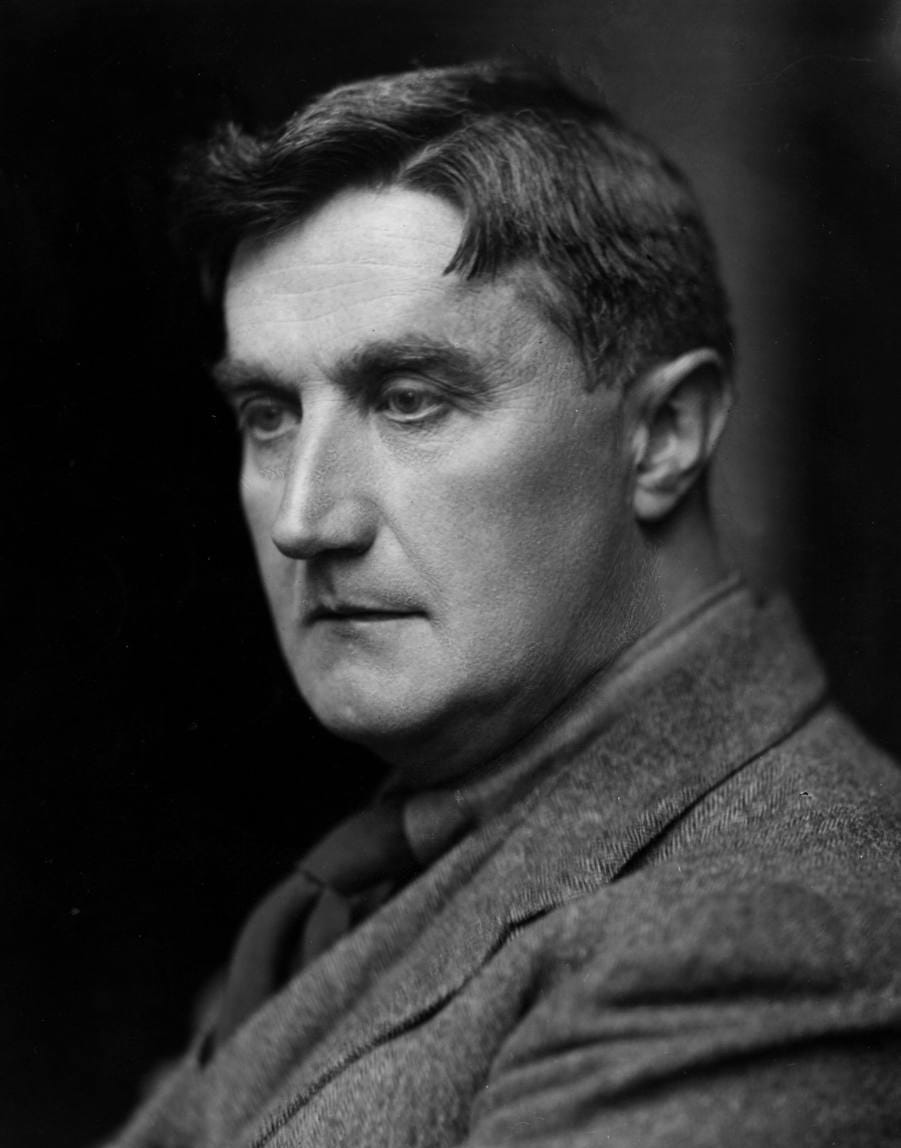Tom Cooper presented us with a wonderful concert of piano music by Debussy and the composers who influenced in style. "Lecture notes" were taken by me and James Roriston which are below.
J S Bach (1685-1750) Toccata in D major BWV 912 (?Weimar c.1708)
Bach was an immense influence on the romantic composers of the nineteenth century. The music was flamboyant and operatic. The form was very sectional with alternating fast and slow tempi. The Romantics loved this. This piece is not often heard in concerts now. It was the work of a young Bach and shows youthful exuberance.
Claude Debussy (1862-1918) "Prelude" from Suite pour le piano (Paris 1901)
This is a sort of response to the previous Bach. You can hear how much he responded to the fast note writing. This texture is repeated throughout his career. Debussy was often quite prickly about other composers, but not Bach. He said Bach was the only composer before whom he would tremble if called upon to play.
Fryderyck Chopin (1810-1849) Berceuse Op.57 (Nohant 1844)
Debussy "Claire de lune" from Suite bergamasque (Paris 1890)
Chopin was adopted by the French spending most of his time in Paris apart from a brief stay in Scotland when he was accompanied by James Stirling. Whilst in Scotland Chopin said he used to watch them talking and listen to them eating! Chopin's style and harmony was much admired by Debussy and Chopin influenced his piano "sound". These pieces are played as a pair to show the similarity in style.
Piotr Ilyich Tchaikovsky (1840-1893) Two dances from Swan Lake Op.20 (Moscow 1876)
There is strange connection between Debussy and Tchaikovsky as Debussy worked for the latter's patron. She was a "bit nuts". It was written in their contract that she and Tchaikovsky should never meet. There was a profound misunderstanding on her part of being a patron. She showed Tchaikovsky an early composition of Debussy's and Tchaikovsky was a bit "sniffy" about it. Debussy took this amiss. He was hard to please and refused to acknowledge any influence by Tchaikovsky on his music. However the humour and lightness of the two dances would have been widely enjoyed. The repetition of small cells of music has possibly been taken by Debussy, but was also used by other composers of the time.
Debussy Estampes (Paris 1903)
Debussy delighted in the exotic. He was influenced by the music he heard in the Indonesia tent of the Paris Exhibition of 1888. The exhibition was designed to show off the French Empire, what they already had, and what they had in their sight! Debussy heard Gamalan music and "westernised" it. Unusually the French have heavily influenced our idea of what Spanish music should sound like.
Franz Liszt (1811-1886) Etude D'execution Transcendante No 11, "Harmonies du soir" (Weimar 1851)
Debussy Prelude No4 Bk 1 ("Les sons et les parfums tournent dans l'air du soir") (Paris 1910)
Their is a marked difference to the previous Debussy heard. There is a clarity to the sound. The athletic nature and harmony was a great influence on Debussy. This is boisterous music. Also post impressionist and shows "modernism".
Liszt "Waldesrauschen" from Two Concert Studies (Rome 1862)
This is a piece about the forest and the sunset and the voices within it. Rather than something quiet and reflective though, this piece is busy and at times noisy and active.
Debussy "Reflets dans l'eau" from Images 1 (Paris 1905)
There is more modernism in this piece with fast runs and an over-arching melody that just flows through the piece.
Wagner arr. Liszt "Liebestod" from Tristan and Isolde (1857-9, arr. Rome 1867)
Liszt transcribed many pieces. This is a good example. Debussy really liked the music of Wagner.
Debussy "Golliwog's Cake Walk" from Children's Corner (Paris 1908)
This piece was written for his daughter - it has a quote from the earlier Wagner piece. It is playful and has a lot of character. Golliwog refers to the dog who shakes his head on hearing the music and the composer increasingly depicts this playfully, re-imagining the music through to the conclusion of the piece.
Tom Cooper has a relaxed style on playing which was so well received he played us an encore,
The Girl With The Flaxen Hair.



